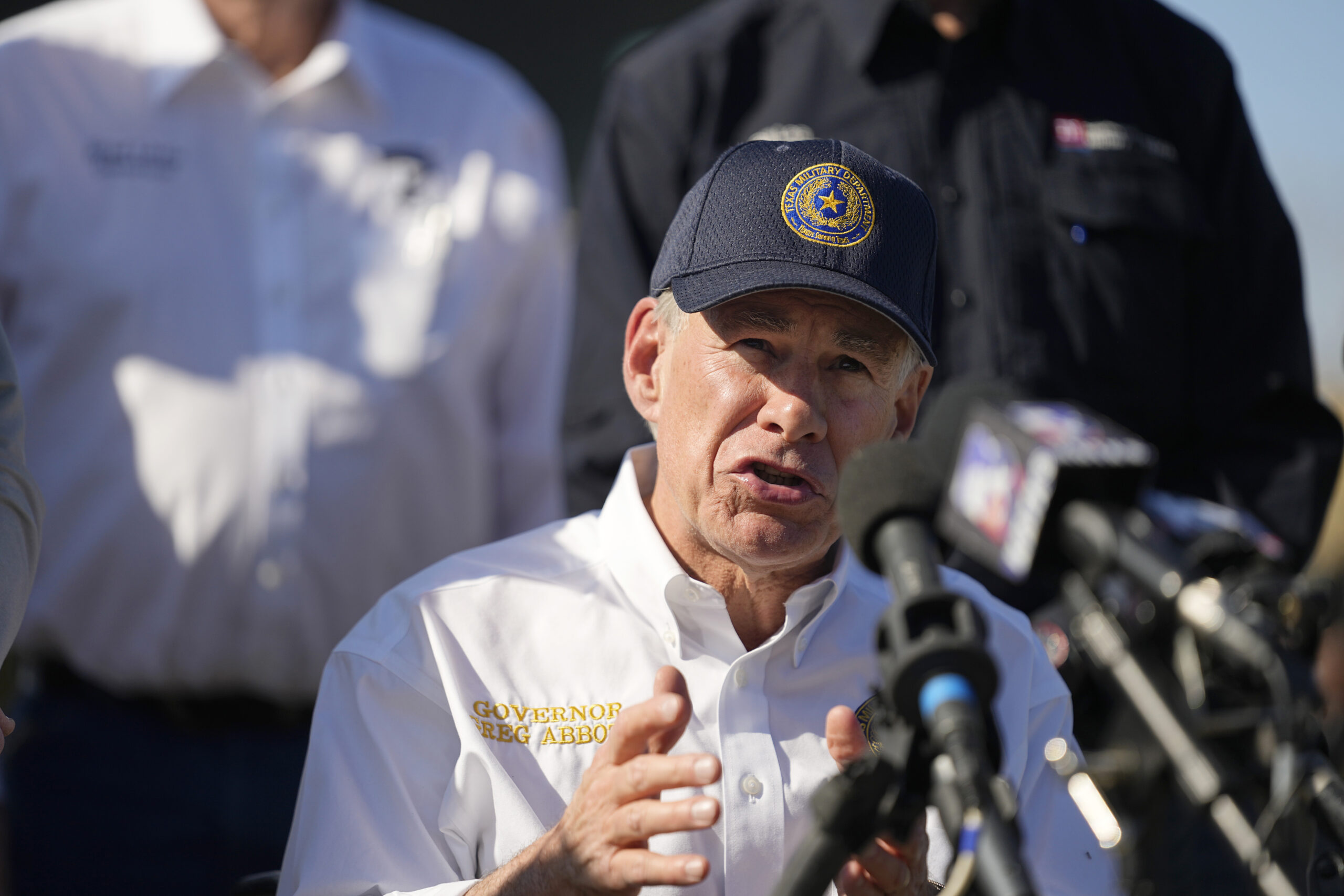

Texans voted to oust many state Republicans who blocked Gov. Greg Abbott’s (R-TX) efforts to pass school choice last year, as Super Tuesday primaries in the state saw at least a dozen incumbent upsets.
Last year, 21 of the 85 state House Republicans joined the ranks of Democrats to block an Abbott-backed school voucher plan from making it into an education funding bill, dealing a major blow to the governor’s agenda.
“Texans are one step closer to empowering every Texas family,” Abbott wrote in a statement late Tuesday. “Republican primary voters have once again sent an unmistakable message that parents deserve the freedom to choose the best education pathway for their child.”
Abbott distributed more than $6 million among 15 primary races to oust the anti-voucher Republicans, according to the San Antonio Express-News.
“Playing politics with the education of our children is unacceptable, and today Texas voters sent a clear message that they are tired of the status quo in public school and that students should be funded, not corrupt bureaucracies,” David McIntosh, whose School Freedom Fund spent close to $4 million to primary the Republicans, said in a press release. “It’s no longer acceptable to call yourself a conservative while you oppose school choice and take money from radical education bureaucrats.”
The primarily rural coalition of Republicans were concerned that allowing education money to follow students would sap funding from their districts, especially since public schools can often be the largest employer in small towns, as well as the heart of community events such as high school football. Those small town schools can also experience enrollment rollercoasters, since the towns’ populations can fluctuate based on the boom-bust cycle of the energy sector.
On Tuesday, however, most of the 21 GOP lawmakers who voted against school choice will not be returning to Austin. Between six and 10 of them will have an opportunity to return to the state legislature, depending on the outcomes of several runoff elections. The rest, however, were successfully defeated by primary opponents.
The voucher plan sailed easily through the Republican-controlled Senate but died in the House after the 21 Republicans voted against the rest of their party. Now many of those members have been replaced by pro-voucher Republicans likely to win in November.
CLICK HERE TO READ MORE FROM THE WASHINGTON EXAMINER
If the new majority can pass school choice initiatives, Texas will join the ranks of 17 other states that have made similar moves, including Iowa, Florida, Oklahoma, Utah, West Virginia, and Arizona, all of which passed universal school choice policies since 2022. According to EdChoice, 32 states have a form of school choice, and nearly 700,000 students make use of it.
“This is the beginning of a school choice revolution, and we look forward to replicating these results in other states,” McIntosh said. “Republicans should either retire or expect to lose their next election if they fail to embrace giving parents a larger voice in their children’s education.”







